Tag: Narratives
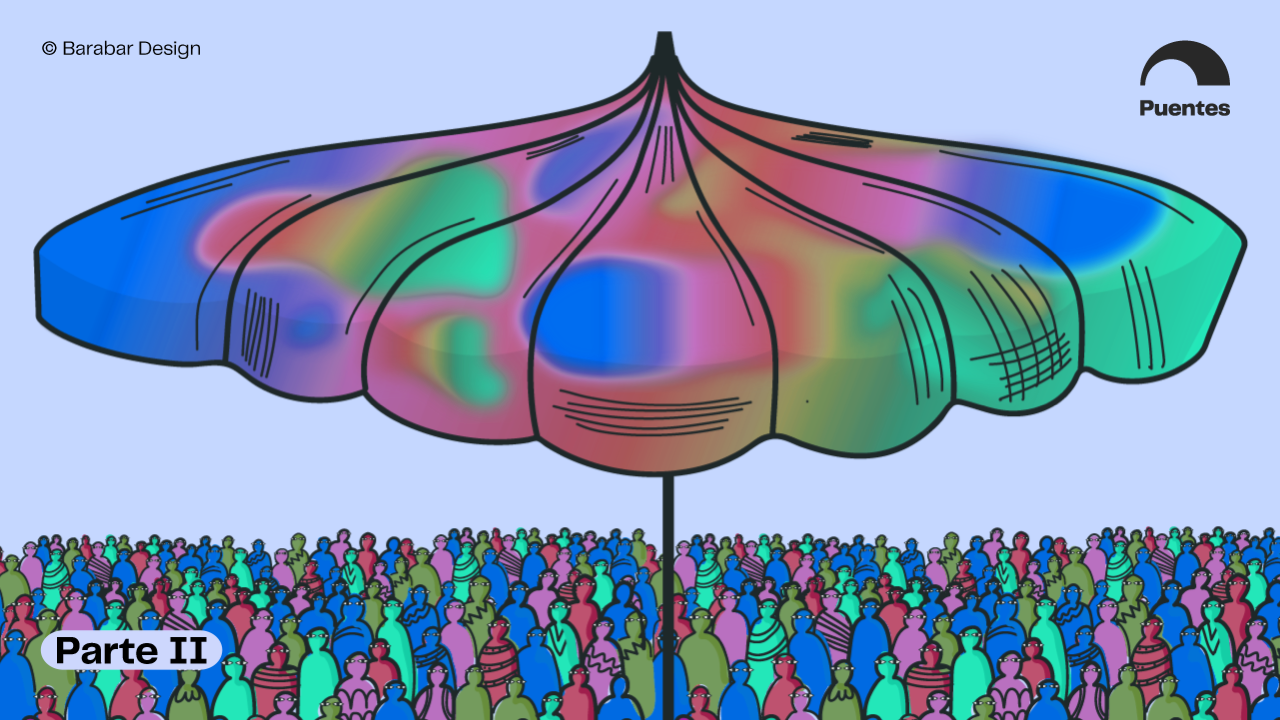
From Interconnection to a “Larger Us”: Expanding Circles of Identity, Care, and Solidarity (Part II)
By Mónica Roa, Puentes In the first part of this blog, I explored how the narrative of interconnection can serve as an antidote to authoritarianism by challenging fear-based stories that...
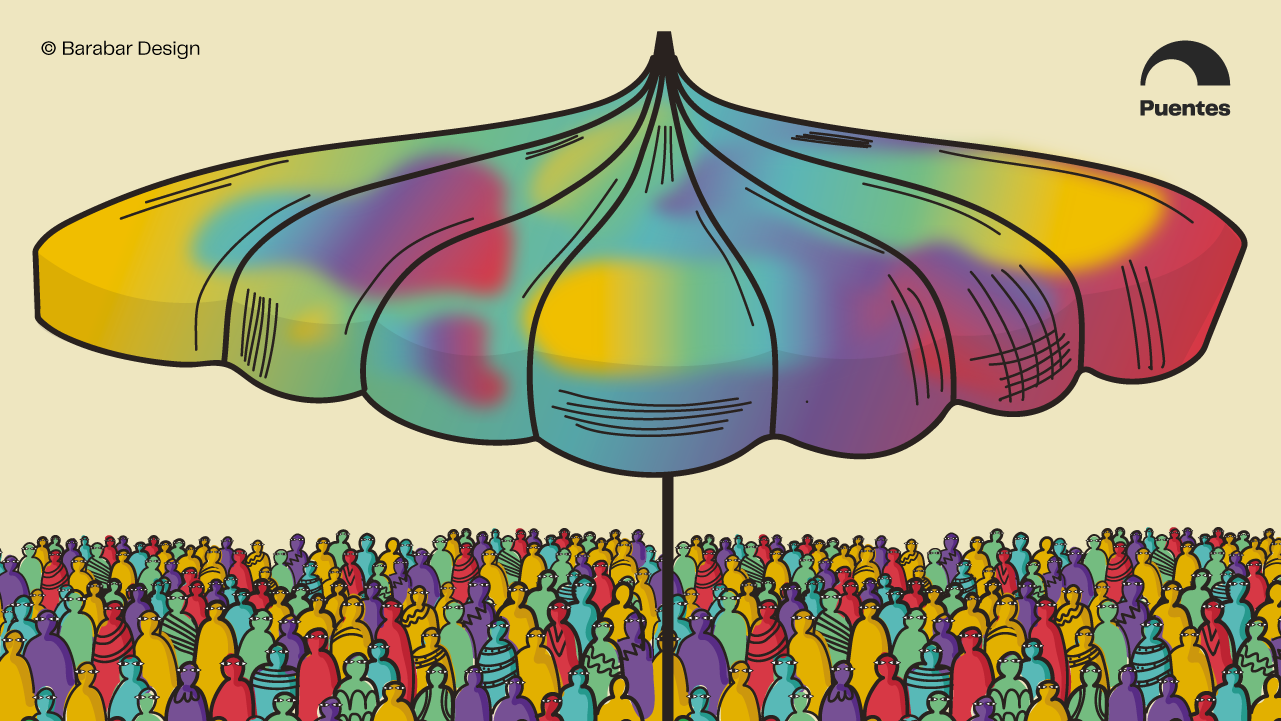
From Interconnection to a “Larger Us”: Expanding Circles of Identity, Care, and Solidarity (Part I)
By Mónica Roa, Puentes In a world where public spaces for social interaction are vanishing and digital platforms promote isolation through hyper-personalized consumption of entertainment and services, at Puentes, we...
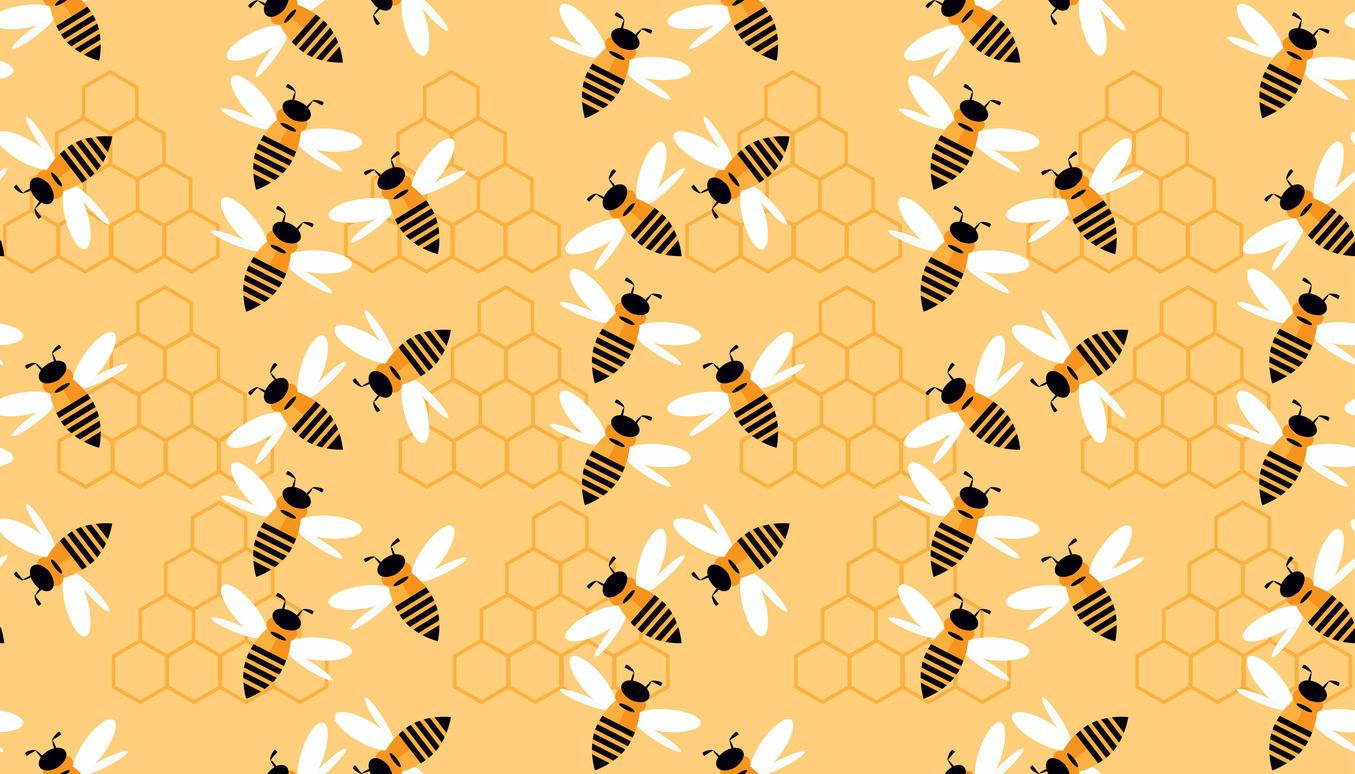
Fascism and Isolation vs. Democracy and Interconnection: The Narrative Antidote to Authoritarianism
By Mónica Roa, PuentesOne way to understand our time is as a battleground of intense narrative disputes. On one side, the climate emergency, the impact of artificial intelligence on employment,...

Narrative Competency
As we continue the collective work towards a just, inclusive and peaceful democracy, it is important to be able to understand and talk about the shared values and ideas that...
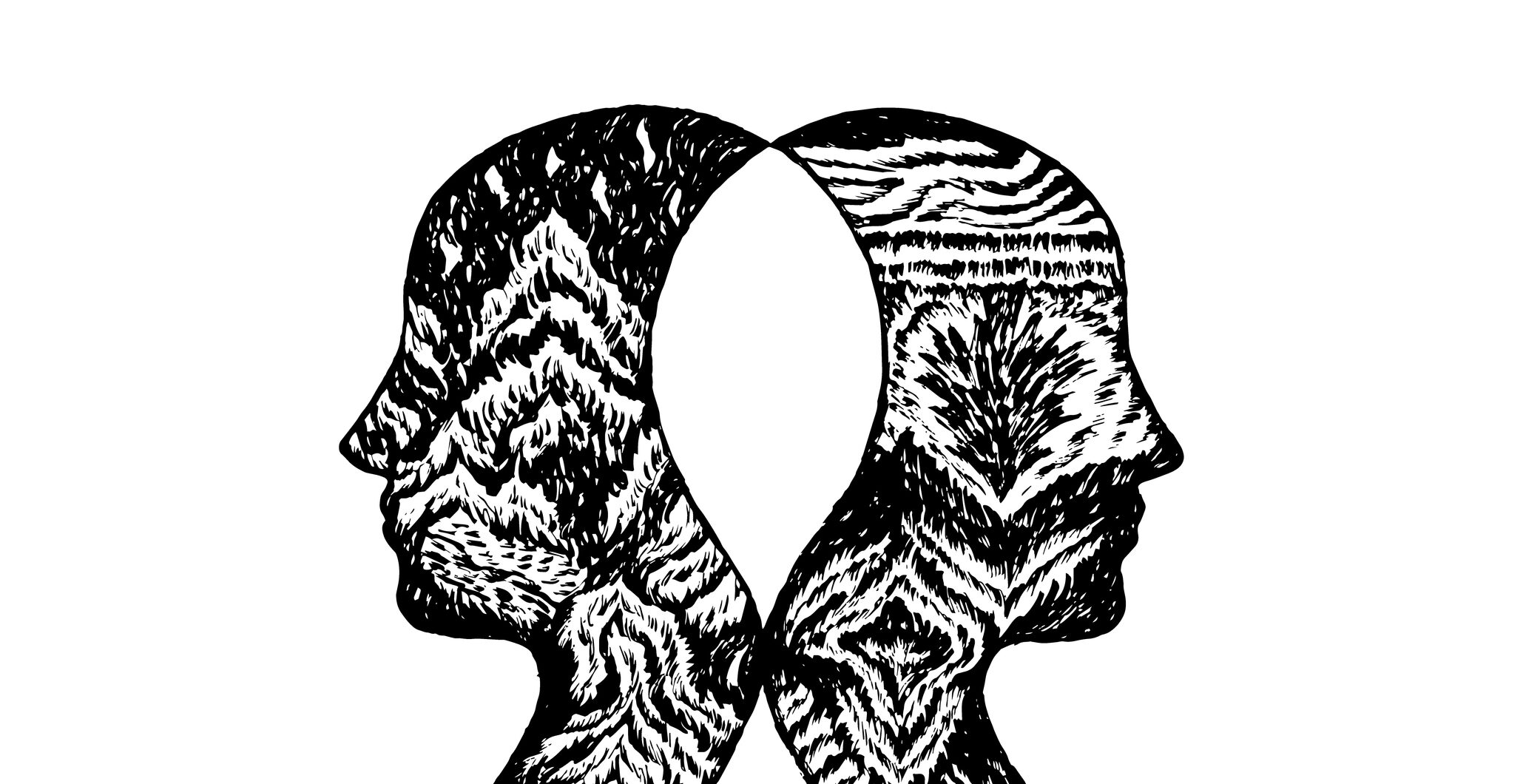
Exploring Narrative Practices for Broad-based Movements in Contexts of Democratic Decline
*This piece was originally published on March 1, 2023 on OpenGlobalRights by Chief Network Weaver Julia Roig and James Savage. Versión en Español The rise in authoritarianism and democratic decline around the...

THE HORIZONS PROJECT’S TOP INSIGHTS & LEARNINGS FROM 2022
Since our official launch in January of 2022, the Horizons’ team has spent the bulk of our time building relationships with the many inspiring organizers, network leaders, researchers, and funders...

Building A United Front
*This article was written by former Director of Applied Research Jonathan Pinckney. The scope of the challenges of democracy in the United States are vast. For a movement to protect...

Kicking Off the Horizons Project
We are thrilled to announce that in January 2022, The Horizons Project has launched under the auspices of our fiscal sponsor, the New Venture Fund. We are very grateful for the...

America’s Democracy Moment
*This article was written by Chief Organizer Maria J. Stephan and was first published on Just Security. As Americans prepare to celebrate Independence Day on July 4th, it is crucial...
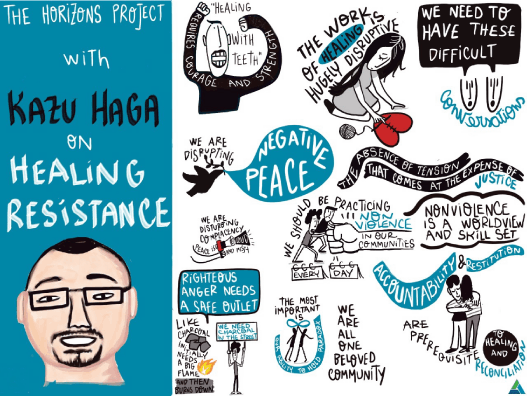
Healing Resistance: A Conversation with Author Kazu Haga
Nonviolence is a cornerstone of activism and radical change, but less attention has been given to the restorative power of nonviolent resistance. In this recent Horizons Project event, Senior Advisor...
